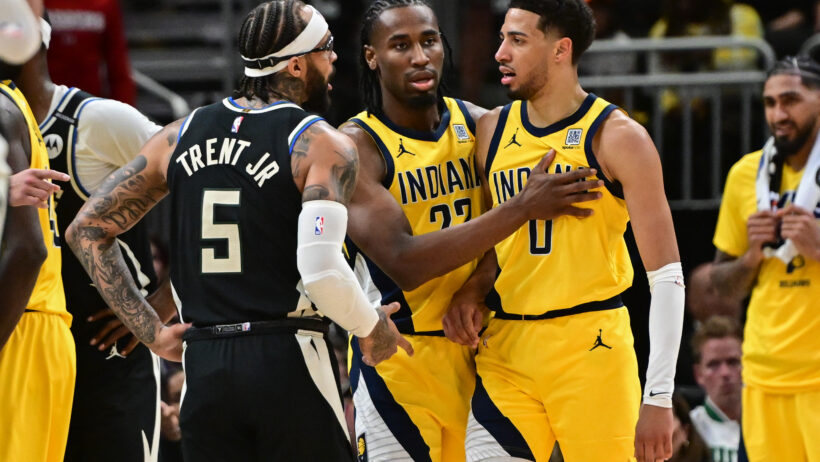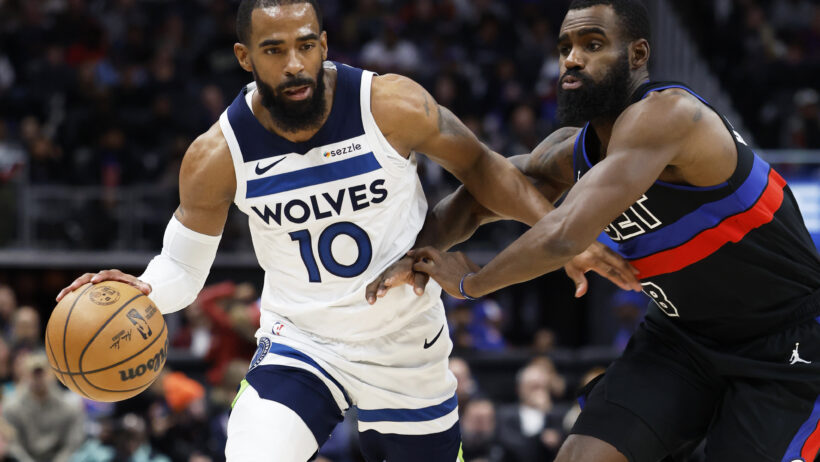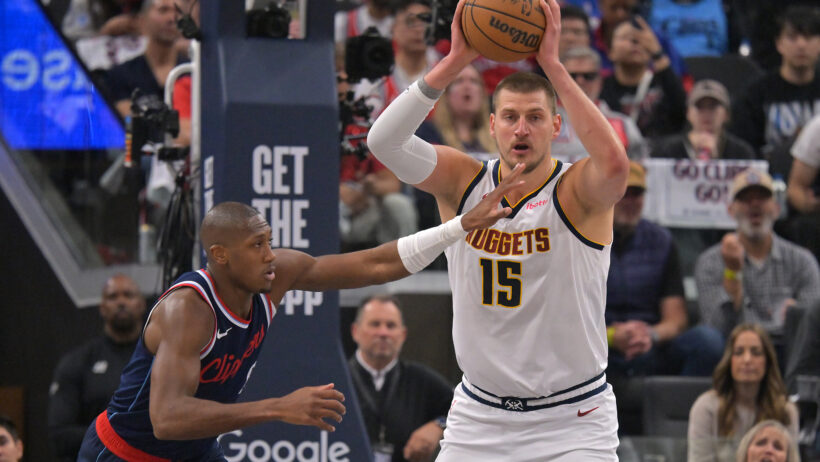SCOTUS Sets Florida Online Sports Betting Conference for June
By Robert Linnehan in Sports Betting News
Published:

- SCOTUS has agreed to discuss the Florida online sports betting case on June 13, 2024
- SCOTUS will decide whether to grant writ of certiorari on this date
- If accepted, a decision on Florida online sports betting’s fate may drag into 2025
June is going to be a huge month for Florida’s online sports betting fate.
The Supreme Court of the United States announced it will discuss West Flagler Associates’ writ of certiorari request on Thursday, June 13. SCOTUS Justices will determine whether or not to accept the request to hear the Florida online sports betting case.
Traditionally, SCOTUS decisions after the conferences usually come the following Monday.
One Step Closer to the End
June may be the end of the line for West Flagler if SCOTUS does not accept its writ of certiorari. If denied, West Flagler could likely take the case back to the state courts, but it will have been denied by both the Florida Supreme Court and U.S. Supreme Court within the last year.
If SCOTUS does accept the writ of certiorari request, a decision on Florida’s online sports betting fate could drag well into 2025.
The potential case centers around the 2021 approval Florida gaming compact. West Flagler believes the compact authorizes gaming outside of tribal lands, while the U.S. Department of the Interior (DOI) defends Secretary of the Interior Deb Haaland’s decision to authorize the gaming compact.
Years in the Making
West Flagler and the DOI have been involved in legal wrangling since the 2021 gaming compact approval that saw an agreement between the Seminole Tribe and Florida. The 30-year gaming compact granted exclusive in person and online sports betting to the Seminole Tribe, as well as the right to offer craps and roulette at its casinos. In exchange, the Seminole Tribe makes annual payments of at least $500 million a year to the state.
West Flagler has contended that Haaland should never have been able to approve a compact that allows for gaming to take place off Indian lands. Additionally, West Flagler believes the compact violates the Unlawful Internet Gambling Enforcement Act (UIGEA), and grants a monopoly to the Seminole Tribe in violation of equal-protection principles.
Hamish P. Hume, counsel for West Flagler, recently wrote in a brief to SCOTUS that the government’s Indian Gaming Regulatory Act (IGRA) argument is that the Court of Appeals correctly interpreted the compact as not authorizing sports betting off Indian land and the approval of the compact did not violate the act.
“By contrast, the government effectively concedes that if the compact authorized gaming off Indian lands, then its approval would have violated IGRA and the Court of Appeals’ decision would have conflicted with decisions of this court and other circuits, necessitating review and reversal by this court,” he wrote.
The government’s argument centers around whether or not the Court of Appeals properly interpreted that the compact did not authorize sports betting off tribal land, Hume noted.
“The relevant language in the compact is not ambiguous. Instead, it expressly creates a device designed to authorize sports gaming off Indian lands,” Hume wrote.
Counsel for the DOI asserted that the D.C. Circuit Court’s interpretation of the gaming compact between the state and Seminole Tribe that authorizes online sports betting only on tribal lands and does not authorize betting located outside tribal land is correct, and consistent, with IGRA.
The DOI counsel argued there is no reason that a Tribal-State compact that authorizes gaming activities on Indian lands under IGRA cannot also include provisions negotiated between the tribe and state that authorizes gaming activities in the state on non-Indian lands.

Regulatory Writer and Editor
Rob covers all regulatory developments in online gambling. He specializes in US sports betting news along with casino regulation news as one of the most trusted sources in the country.



